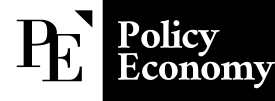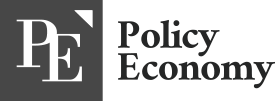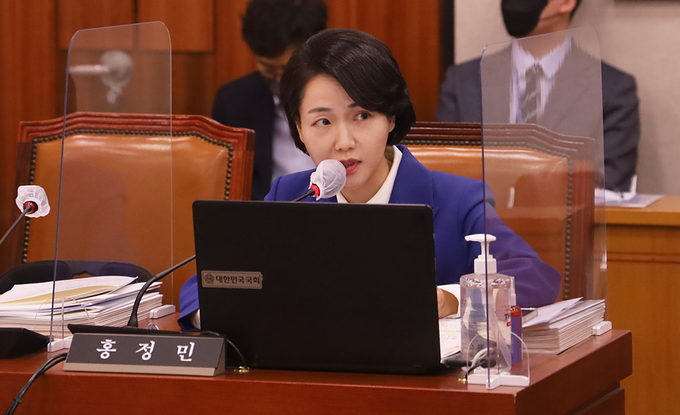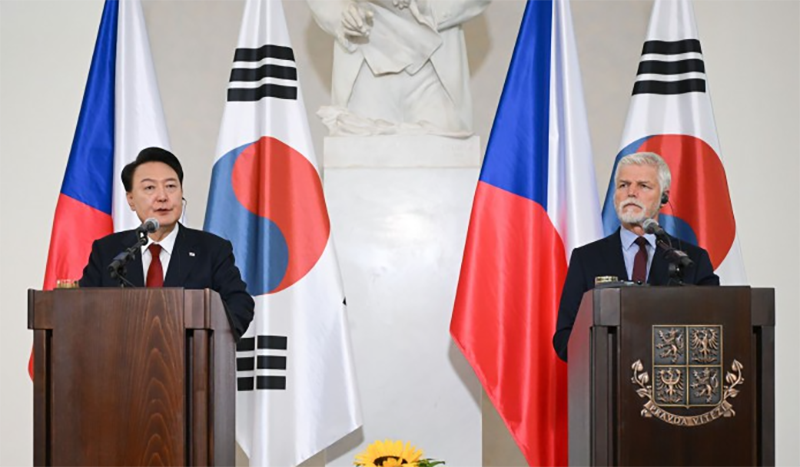[동아시아포럼] 자체적으로 완성중인 중국의 ‘우주굴기’
유럽과 갈라서는 중국 우주정거장, 러-우 전쟁으로 촉발된 유럽-중국간 갈등 세계 2위인 중국의 우주예산, 금세기 중반까지 세계1등 목표 중국 정치 도구로 전락한 톈궁(중국의 유인 우주 정거장)
[동아시아포럼]은 EAST ASIA FORUM에서 전하는 동아시아 정책 동향을 담았습니다. EAST ASIA FORUM은 오스트레일리아 국립대학교(Australia National University)의 크로퍼드 공공정책 학교(Crawford School of Public Policy) 산하의 공공정책과 관련된 정치, 경제, 비즈니스, 법률, 안보, 국제관계 및 사회에 대한 분석 및 연구를 위한 플랫폼입니다.
저희 폴리시코리아(The Policy Korea)와 영어 원문 공개 조건으로 콘텐츠 제휴가 진행 중입니다.
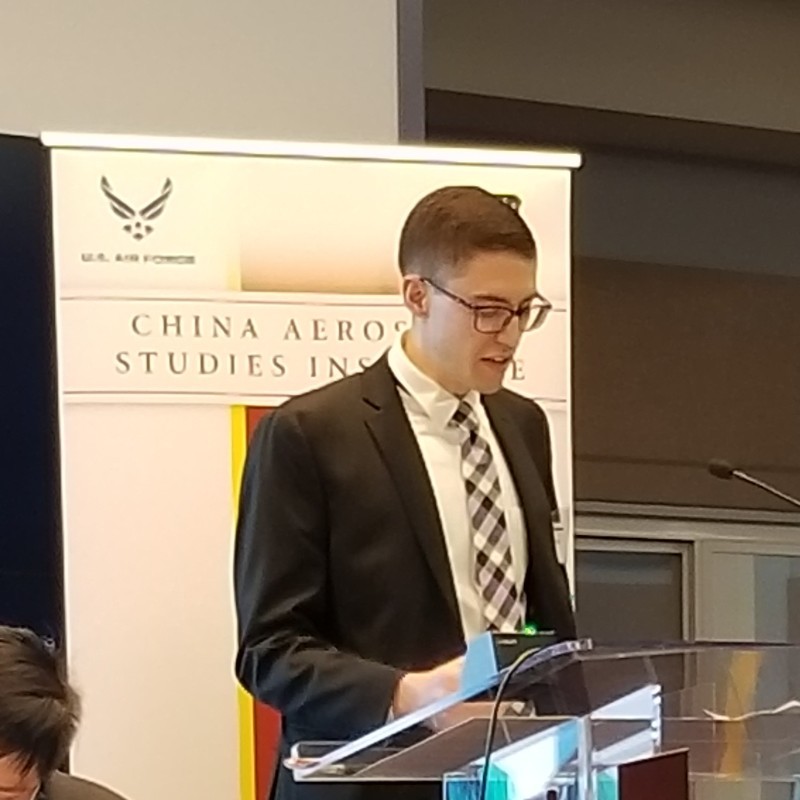
브라이언 와이델리히(Brian Waidelich)는 CNA의 인도 태평양 안보 문제 프로그램의 연구 과학자입니다. 그의 연구는 중국 인민해방군(PLA)과 인도 태평양 해양 및 우주 안보 문제에 중점을 두고 있습니다.
CNA에서 중국 인민해방군 전문 군사 교육, 중국 민간 선박 동원, 해양 영역에서의 전략적 경쟁, 양안 안보에 대한 일본의 견해, 통가에 대한 다국적 인도적 지원 제공, 중국의 우주 프로그램 등의 주제에 대해 기고를 했습니다.
2023년 1월 25일, 스페이스 뉴스는 유럽우주국(ESA)이 더 이상 유럽 우주비행사를 중국의 새로 완공된 우주정거장 톈궁에 파견할 계획이 없다고 보도했다. 이 보도는 요제프 아슈바허(Josef Aschbacher) ESA 사무총장의 말을 인용해 ESA가 이미 국제우주정거장(ISS) 임무로 ‘매우 바쁘다’며 현재 중국 우주정거장에 참여할 예산과 정치적 ‘청신호’가 모두 부족하다고 말했다.
사무총장의 발언은 유럽 우주비행사의 중국 우주정거장 비행을 준비하려는 노력이 중단된 지 몇 년 만에 나온 것이다. 이는 두 우주 기관이 수십 년 동안 협력한 끝에 이루어진 중요한 발전이었다.
2016년에 중국 우주비행사 한 명이 ESA 우주비행사 훈련 과정에 참여했다. 이듬해에는 두 명의 유럽 우주비행사가 중국 우주비행사와 함께 해상 생존 훈련을 실시했다. 하지만 2017년 이후 양측의 우주 비행 협력은 난관에 부딪혔다.
예산 제약으로 인해 ESA가 톈궁의 임무에 참여하지 못하고 있다는 주장은 일리가 있다. 아르스 테크니카의 수석 우주 편집자 에릭 버거가 지적했듯이, ESA의 예산은 NASA의 3분의 1에도 미치지 못한다. 유럽 기관은 제한된 자원을 어떻게 사용할지 더 신중하게 선택해야 한다.
그러나 정치가 ESA의 결정에 가장 큰 영향을 미쳤다는 사실은 의심의 여지가 없다. 수년 동안 유럽 국가들은 인권, 기술 안보에 대한 우려가 커지고 미국과 중국 간의 전략적 경쟁이 심화되는 가운데 중국과의 관계의 본질을 재고해 왔다. 러시아-우크라이나 전쟁 발발 이후 이러한 변화의 속도는 더욱 빨라졌다.
중국은 중립이라고 주장하면서도 친러시아적인 공식 성명과 언론 보도를 지속적으로 발표했으며, 서방 국가들의 대러시아 경제 제재 속에서 러시아와의 경제 관계를 확대하고 있다. 미국 관료들에 따르면 중국은 아직 러시아에 치명적인 군사 지원을 제공하지는 않았지만 중국 기업들은 ‘비살상적 지원’으로 러시아를 지원했다. 또한 중국 인민해방군은 상호 운용성과 억지력 향상을 목표로 러시아 군대와 함께 대규모 훈련과 순찰에 참여했다. 유럽과 중국이 강대국 대리전으로 비유되는 전쟁에서 서로 반대편을 지지하고 있는 상황에, 유럽 우주인을 톈궁에 보내는 것이 썩 자연스럽지 않다.
ESA 사무총장의 발언은 중국을 짜증 나게 하긴 했지만 예상치 못한 일은 아니었다. 왕원빈 중국 외교부 대변인은 2022년 4월 기자회견에서 중국 우주정거장에 외국 우주비행사가 들어갈 수 있느냐는 질문에 직접적인 답변을 피했다. 대변인은 모호한 답변으로 외국 우주비행사의 방문을 ‘환영한다’고 말했다.
중국 입장에서는 달갑지 않은 일이지만, 톈궁에 유럽 우주비행사가 없다고 해서 우주정거장 운영이나 중국의 우주 진출에 큰 영향을 미칠 가능성은 거의 없다. 중국은 1990년대부터 유인 우주 프로그램에 막대한 금액을 투자해 왔다. 중국의 우주 예산은 미국에 이어 세계 2위다. 중국은 금세기 중반까지 세계 최고의 우주 강국이 되겠다는 목표를 세우고 있다.
중국은 ISS와 달리 자금이나 인력을 다른 나라에 의존하지 않고 톈궁을 건설하고 관리하고 있다. 중국 관영 신화 통신에 따르면 중국 우주정거장 개발자들은 ‘자립과 독립적 혁신을 고수’하고 ‘다수의 핵심 기술을 개발’했으며 ‘핵심 부품’의 완전한 국산화를 달성했다고 한다.
중국 우주 정거장에 조만간 유럽 우주비행사를 수용하지 않더라도 유럽 및 기타 국가의 연구자들은 톈궁을 ISS의 경쟁적인 과학 실험 장소의 대안으로 사용할 계획을 진행할 수 있다.
2019년 중국은 유럽우주국(ESA) 및 유엔 우주국(UNO)과 협력하여 17개국에서 9개의 프로젝트를 선정하여 톈궁에서 실시할 프로젝트를 선정했다. 이 프로젝트의 대부분은 중국 우주비행사가 우주에서 수행하도록 설계되었으며 다른 국가 연구원의 지상 지원을 받았다. 차이나 데일리에 따르면, 17개국 중 일부 국가에서만 우주 정거장에서 이러한 실험을 수행하기 위해 자국 우주비행사를 보내 달라는 요청이 있었다고 한다.
중국은 자원을 모으고 중요한 과학적 발견을 촉진시키는 수단으로서 우주 협력의 이점을 잘 알고 있다. 그러나 중국이 톈궁을 외국 연구자들에게 개방함으로써 궁극적으로 추구하는 것은 우주 협력을 ‘자국을 더 존경받고 영향력 있는 국가로 만들려는, 더욱 큰 정치적·외교적 목표를 지원하는 수단’으로 활용하는 것이다.
중국 유인 우주국의 사무총장은 ‘우리는 중국의 우주 정거장을 인류의 미래를 공유하는 공동체 건설을 촉진하는 플랫폼으로 만들기를 희망한다’고 말했다. 시진핑 중국 국가주석의 주요 외교 정책 이니셔티브인 ‘인류의 미래를 공유하는 공동체’라는 수사는 톈궁을 미국의 영향력을 줄이고 중국의 이익에 더 적합한 방식으로 국제 시스템을 변화시키려는 중국의 광범위한 노력과 이어진다.
중국은 자국의 우주 정거장이 모든 유엔 회원국에 개방되어 있다고 주장함으로써, 중국이 국제우주정거장(ISS) 가입을 금지한 미국보다 더 포용적인 국가로 보이기를 희망하고 있다. 그러나 중국은 톈궁을 자립의 위업으로 계속 과시함으로써 국제 파트너들의 잠재적 기여를 약화시키고 있다.
ESA 사무총장의 발언 한 달 후인 2023년 2월 25일, 중국 유인 우주국 관계자는 곧 중국 우주 정거장으로 ‘공동 비행’할 ‘여러 국가’의 외국인 우주비행사를 선발하기 시작할 것이라고 말했다. 이 관계자는 특정 국가나 선발 기한을 밝히지 않은 채 외국인 후보자들이 톈궁에서 ‘중국 문화에 대한 지식을 얻는 데’ 시간을 사용할 수 있기를 희망한다고 말했다.
앞으로도 중국은 자국의 우주 프로그램이 국제적인 지원을 받고 있음을 계속 과시할 것으로 예상된다. 그러나 중국은 다른 국가의 자원이 필요한 중요한 이니셔티브에 참여하지는 않을 것이다. 외국인이 중국의 우주정거장을 방문할 수는 있지만, 우주정거장의 성공을 위해 반드시 필요한 것은 아니다.
China’s space success is ready to launch — with or without foreign partners
On 25 January 2023, Space News reported that the European Space Agency (ESA) no longer intends to send European astronauts to Tiangong, China’s newly completed space station. The report quoted the ESA Director General Josef Aschbacher saying that the agency was already ‘very busy’ with its International Space Station (ISS) commitments and that it currently lacked both the budgetary and political ‘green light’ to engage with China’s space station.
The Director General’s remarks come several years after the stall of efforts to prepare European astronauts for flights on China’s space station. This had been a major development following decades of cooperation between the two space agencies.
In 2016, a Chinese astronaut participated in an ESA astronaut training course. The next year, two European astronauts carried out sea survival training with their Chinese counterparts. But after 2017, the budding human spaceflight cooperation between the two sides hit a snag.
The assertion that budgetary constraints are holding the ESA back from participating in Tiangong’s mission has its merits. As pointed out by Eric Berger, the senior space editor at Ars Technica, ESA funding is less than one-third of NASA’s. The European agency must be choosier about how it uses its limited resources.
But politics undoubtedly exerted the greatest influence on the ESA’s decision. For years, European countries have been reconsidering the nature of their relations with China amid growing concerns over human rights, technology security and intensifying strategic competition between Washington and Beijing. The pace of those shifting views was quickened following the outbreak of Russia’s war in Ukraine.
China, while claiming to be impartial to the conflict, has consistently issued official statements and media reports with pro-Russian narratives and has expanded its economic ties with Russia amid Western countries’ economic sanctions on Moscow. Although Beijing has not yet provided lethal military aid to Russia, China’s companies have supported Russia with ‘nonlethal assistance,’ according to US officials. And China’s military has participated in large-scale exercises and patrols with Russian armed forces aimed at improving their interoperability and deterrence signalling. At a time when Europe and China are supporting opposite sides of a conflict that has been likened to a superpower proxy war, sending European astronauts to Tiangong would be awkward at best.
The ESA Director General’s remarks, while annoying to Beijing, were almost certainly not unexpected. During a press conference in April 2022, Chinese Foreign Ministry Spokesperson Wang Wenbin dodged a direct answer when asked whether any foreign astronauts would enter China’s space station. In the vaguely worded reply, the spokesperson said that foreign astronauts are ‘welcome to visit’.
While it is likely an unwelcome development for Beijing, it is highly improbable that the absence of European astronauts on Tiangong will have any notable effect on the space station’s operations or on China’s expansion into space more broadly. China has invested enormous sums into its manned space program since the 1990s. Its reported space budget is second only to the United States. It is seeking to become the world’s pre-eminent space power by mid-century.
Unlike the ISS, China has built and managed Tiangong without depending on other countries for funds or personnel. According to China’s official news agency Xinhua, Chinese space station developers ‘have been adhering to self-reliance and independent innovation’, ‘developed a large number of core technologies’ and achieved complete localisation of ‘key components’.
Even if China’s space station does not host European astronauts any time soon, researchers from Europe and other countries may proceed with plans to use Tiangong as an alternative to the competitive spots for scientific experiments on the ISS.
In 2019, China — in collaboration with the ESA and the United Nations Office for Outer Space Affairs — selected nine projects from 17 countries to be implemented on Tiangong. Most of these projects were apparently designed to be conducted in space by Chinese astronauts, with ground support from other countries’ researchers. According to China Daily, there had only been requests from several of the 17 countries to send their own astronauts to run these experiments on the space station.
China understands the benefits of space cooperation as a means of pooling resources and advancing important scientific discoveries. But what China ultimately seeks in opening up Tiangong to foreign researchers is to use space cooperation as a means of supporting Beijing’s larger political and diplomatic goals of making China more respected and influential.
As the Director General of China’s Manned Space Agency put it, ‘we hope to make China’s space station a platform which promotes the building of a community with a shared future for mankind’. This invoking of the ‘community with a shared future for mankind’ rhetoric — a major foreign policy initiative under Chinese President Xi Jinping — ties Tiangong to Beijing’s broader efforts to lessen US influence and transform the international system in ways more suited to China’s interests.
By claiming that its space station is open to all UN members, China hopes to portray itself as more inclusive than the United States as China has been barred from joining the ISS. Yet by continually playing up Tiangong as a feat of self-reliance, Beijing undermines the potential contributions of international partners.
On 25 February 2023, a month after the ESA Director General’s remarks, an official from China’s Manned Space Agency said that they would soon begin selecting foreign astronauts from ‘multiple countries’ for ‘joint flights’ to China’s space station. Without naming any specific countries or deadlines for selection, the official expressed hopes that foreign candidates could use their time on Tiangong to ‘get some knowledge about Chinese culture.’
Going forward, China will likely continue to highlight signs of international support for its space program, but it will not engage in major initiatives that depend on other countries’ resources. Foreigners may certainly visit China’s space station, but they will not be critical to its success.
